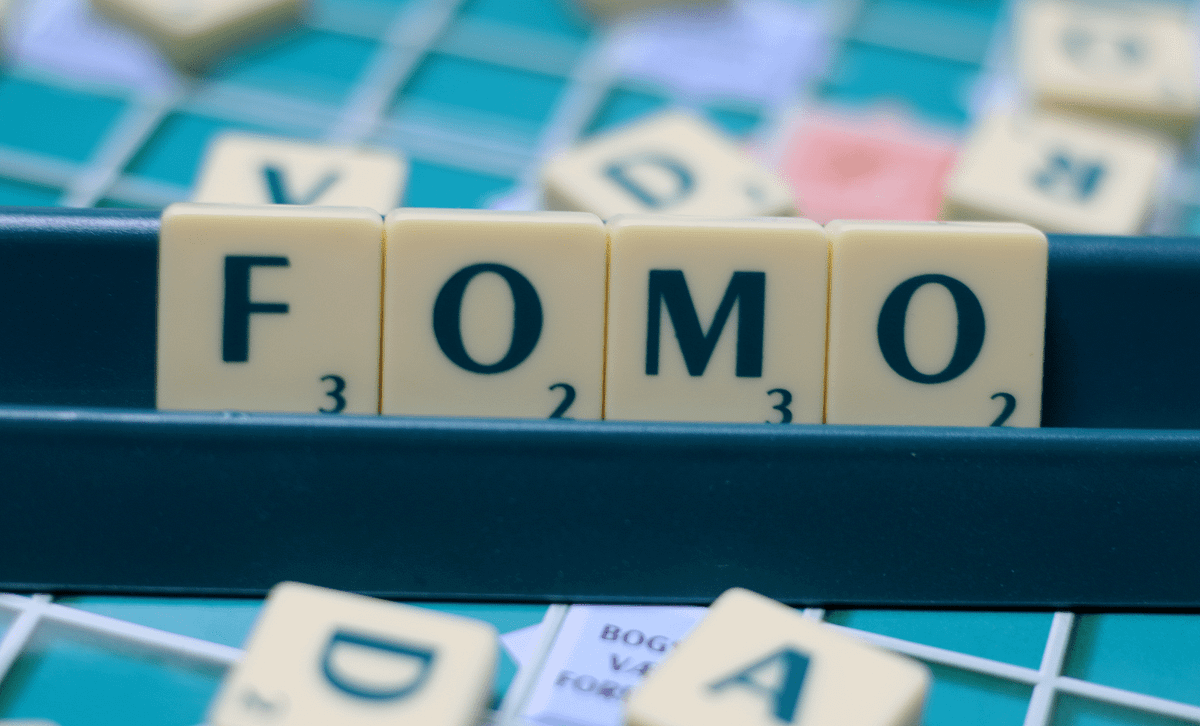
"Like many professionals thinking about the future of design, I'm closely following the conversations around AI - both in public forums and in my own circles. But while many focus on the technical capabilities, I'm more interested in the broader narrative shaping these discussions. And recently, based on my observations, that narrative is shifting. The early fear that machines might erode the very qualities that make us human is giving way to a different anxiety-FoMO."
"It seems like only yesterday we were discussing existential risks, automation's threat to work, and the unsettling possibility that creativity itself might be mechanized. Now we talk mostly about how to " integrate" AI into our workflows, how to " stay competitive," and how not to miss the wave. So what changed? Have we given up? Or have we simply convinced ourselves that AI won't harm humanity. More likely, it's because the rewards of this technology are immediate and obvious, while the costs are slow and subtle."
"AI provides us speed, convenience, and capability - and it offers them now. But the erosion it causes creeps in quietly, almost imperceptibly. And because of this subtle degradation, we fail to treat it with the urgency it deserves. However, out of all the potential consequences such as job replacement, creative outsourcing, and intellectual theft, what troubles me most is the silent replacement of human effort with efficiency- a trade that feels harmless in the moment but carries profound consequences over time. Take students, for example - a group I see up close. Under the illusion they're being efficient (or duplicitous in some cases), they utilize AI to generate ideas or complete work, outsourcing the most essential part"
Public sentiment about AI has shifted from existential fear to FoMO: anxiety about being left behind. Psychologists define FoMO as an anxious belief that others gain opportunities or rewards from which one is excluded. Conversations now center on integrating AI, staying competitive, and not missing the wave. AI delivers immediate speed, convenience, and capability, while costs accrue slowly and subtly. That quiet erosion replaces human effort with efficiency, a trade that feels harmless but has profound long-term consequences. Students increasingly use AI to generate ideas or complete work, outsourcing essential parts of learning.
Read at Medium
Unable to calculate read time
Collection
[
|
...
]